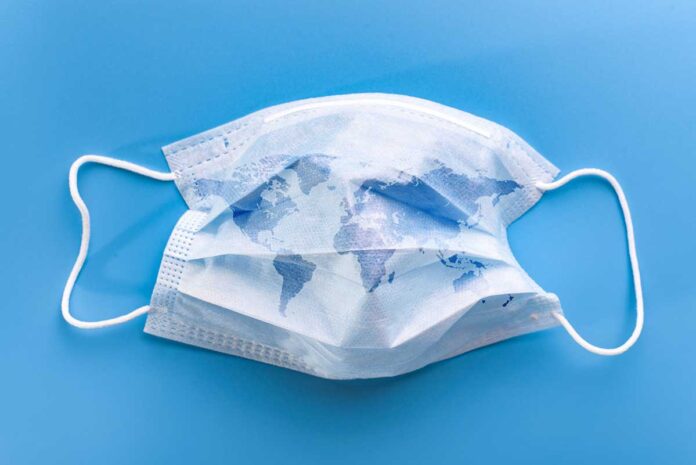Last winter, Covid-19 infections spiked in Philadelphia, with around 3,000 new cases per day on average (and that’s not counting people who didn’t report their symptoms or get tested). The first Omicron variants barreled through the holidays, when people traveled frequently and spent a lot of time indoors. If you look back to October 2021, right before the Omicron wave, things were quieter, with around 264 new cases per day. But then a few months later, in the peak of winter, infections skyrocketed.
On October 10, 2022, Philadelphia was averaging 184 reported Covid-19 cases a day, according to the New York Times data tracker. That’s fewer than in 2021. But that doesn’t mean much when it comes to an inevitable winter surge that we’ll likely see. You’ve probably seen it already: that quadruple-vaccinated friend who went to a bat mitzvah or wedding or birthday party and started feeling symptomatic a few days later. Then another friend, then another. Personally, I’ve had three close friends and numerous acquaintances, who all avoided Covid for two years, get sick from it in the past few months. Some of them had to go to the hospital because of breathing difficulties. All of them attended crowded events and didn’t wear masks.
PGN has done numerous articles on Covid and Long Covid, especially as they have impacted the LGBTQ community, which is overall more at risk for health complications which may exacerbate the severity of Covid. A CDC report in 2021 showed that LGBTQ people have a higher prevalence of asthma, cancer, heart disease and kidney disease than non-LGBTQ people.
“Because of their sexual orientation,” the report states, “sexual minority persons experience stigmatization and discrimination that can increase vulnerabilities to illness and limit the means to achieving optimal health and well-being through meaningful work and economic security, routine and critical health care, and relationships in which sexual orientation and gender identity can be openly expressed.”
But even if you’re in perfect physical and mental health, even if you have a great job that allows you to work from home and provides good insurance, even if you eat well and exercise and have nourishing social relationships, none of that means you’ll be shielded from the worst that Covid can do. That’s not even factoring in influenza, which is primed to be bad this year, according to the CDC.
All of us need to do what we can to help prevent the spread of Covid amongst ourselves and our family, but more importantly, we need to do what we can to protect those more vulnerable than us. The immunocompromised, those without housing, and those lacking in health support systems are all at risk for Covid complications, and all of them are dependent, partially, on us making sure we do what we can to limit spread in our own circles.
It’s not hard to wear a mask indoors or at crowded outdoor events. We did it through the worst unknowns of Covid. We should keep doing it, as a community that is not only more at risk, but as a community that cares about the well being of one another. It’s not hard to keep a mask in your pocket. It’s not an affront to freedom. It’s not a terrible inconvenience.
It’s also not hard, thankfully, to get an updated Covid booster shot that includes some Omicron variants. Rite Aid and CVS both have systems to schedule a shot. You can even get your flu shot at the same time. (October is the perfect time to get your flu shot, by the way.)
Finally, it’s not hard, if you’re feeling under the weather in any way, to cancel your drinks or dinners or outings with friends. Don’t be that person who shows up sick to an event. Take care of yourself and those around you. Be as responsible as you can and maintain your health. With hard work and awareness, you can help keep the community, and yourself, safe.
